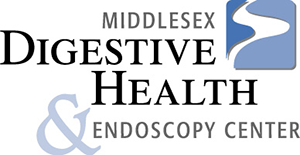Difficulty Swallowing (Dysphagia)
Overview
If you’ve suffered from heartburn or acid reflux, also known as gastroesophageal reflux disease (GERD) for a long time, you may begin to feel discomfort as food passes through the esophagus. It can feel as if you have a lump in your throat or that food is stuck in your throat or chest. You may also experience a choking sensation when you swallow food. Difficulty swallowing, also known as dysphagia, is the feeling of food “sticking” in your throat or chest and is one of the complications of acid reflux/GERD.
When acid reflux occurs, acid flows back into your esophagus causing irritation and discomfort. With chronic acid reflux/GERD, this is happening frequently causing irritation to the esophagus, which can lead to other complications such as dysphagia.
Symptoms of Dysphagia
- Pain while swallowing
- Not being able to swallow
- Sensation of food “sticking” in your throat or chest
- Coughing when swallowing
- Unexpected weight loss
Swallowing can also become painful, which is known as odynophagia. This burning, squeezing sensation while swallowing is caused by irritation to the lining of the esophagus that can occur from acid reflux/GERD, achalasia or bacterial infection.
If you experience difficulty swallowing on a regular basis, you may have a more serious condition requiring treatment. See a gastroenterologist if you develop dysphagia so that it can be properly diagnosed and promptly treated.
